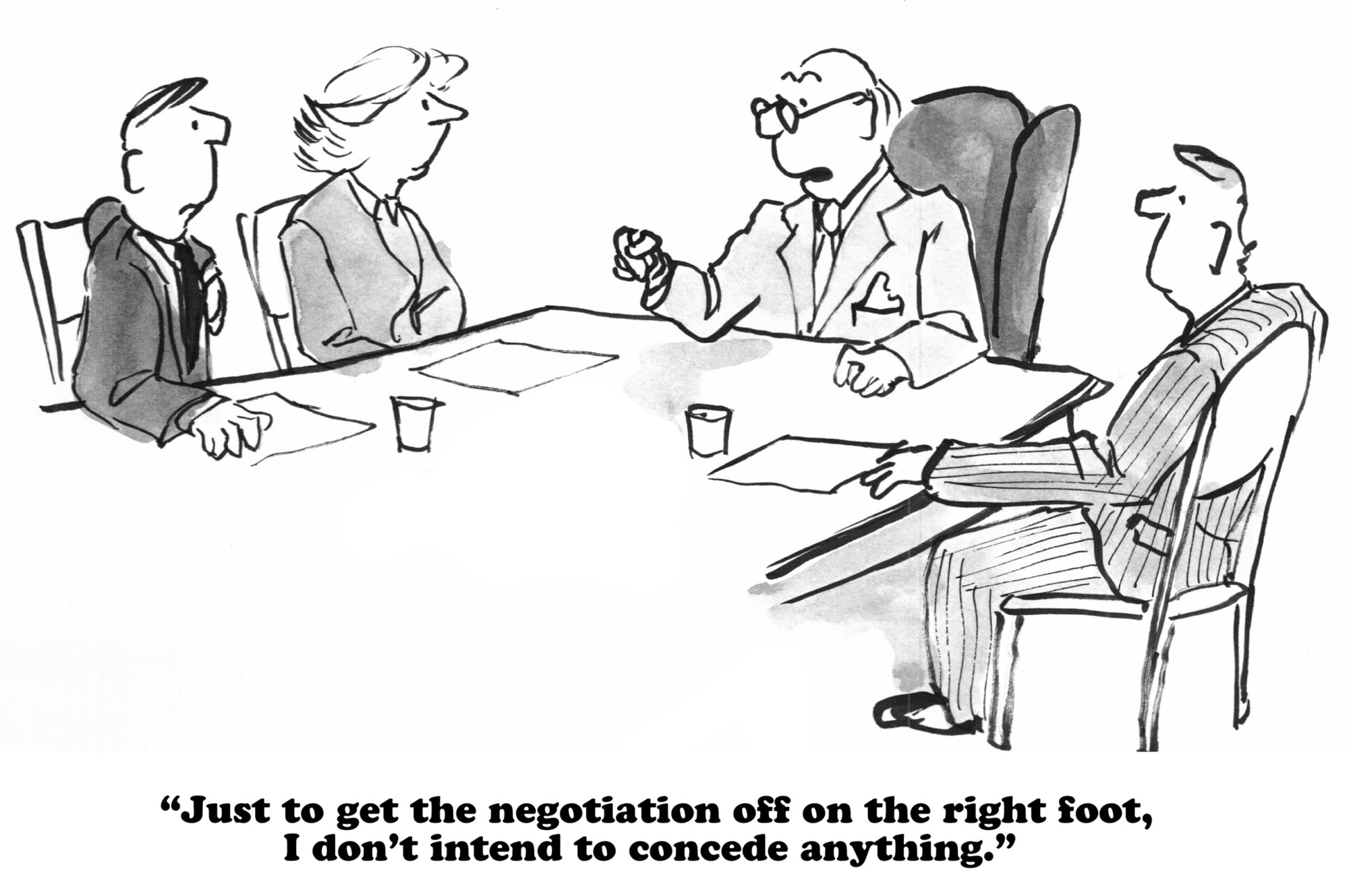Table of Contents Show
Indeed, you have heard the expression that the devil is in the details. This applies to real estate transactions as well. Many assume the contract is a boilerplate, but that is not the case. This is where riders come into play.
What are contract riders?What are contract riders?
When you make an offer, a standard contract with the basic terms, including your offer price, is sent back and forth between the buyer’s and seller’s agent. Once both parties agree to the terms, it goes to the attorneys for due diligence.
The initial contract usually includes a paragraph that mentions added, deleted, or altered provisions. Attorneys accomplish this with separate documents, called riders, which address the unique circumstances. While these should not change the two parties’ basic terms, lawyers typically include language that the riders supersede anything agreed to in the initial purchase and sale agreement.
Why do I need a rider?Why do I need a rider?
The purpose of a rider is to protect your interests. While contract riders involve many nitty-gritty details that may seem trivial, your real estate attorney uses language that protects you.
Riders typically expand on the terms included in the purchase and sale contract. Generally, it is not the time to renegotiate certain items, such as the purchase price. Typically, your lawyer will include sellers paying for repairs needed after an inspection. Your lawyer might also state the timeline for a final walkthrough, what is included in the final sale, and the closing date. The seller should also indicate that the apartment’s condition is leak-free and that the appliances are in good working order.
The rider will also state what happens if the seller cannot close on time. Typically, they must pay you to lease back, and your lawyer will indicate the amount. However, your lawyer will address these in the rider if there are unique circumstances.
The riders are negotiable and typically go back and forth between the attorneys.
Co-opsCo-ops
As you might expect, when you are purchasing a co-op, this requires special consideration. Given the necessary board approval, your lawyer may want to put in language the timing and what happens to your deposit if you are denied. In addition, the board likely wants to interview you, and the rider should mention the timing.
Your lawyer may ask the seller to acknowledge that the co-op board approved any significant changes to the unit. Otherwise, the board may delay your closing while the seller gains compliance.
A rider’s limitsA rider’s limits
There are no limits to what a seller or buyer can put into a contract rider. As a result, a buyer or seller can make unreasonable demands, which are generally legal. Illegal provisions typically relate to discrimination based on race, religion, gender, or sexual orientation or are forbidden by federal, New York State, or New York City housing laws.
RentersRenters
Landlords can also have riders on the standard lease agreement. These might relate to them requiring rental insurance and the landlord’s requirement to install window guards. But you should read it carefully as the form gets longer; the likelihood of the landlord’s demands being unreasonable increases.

